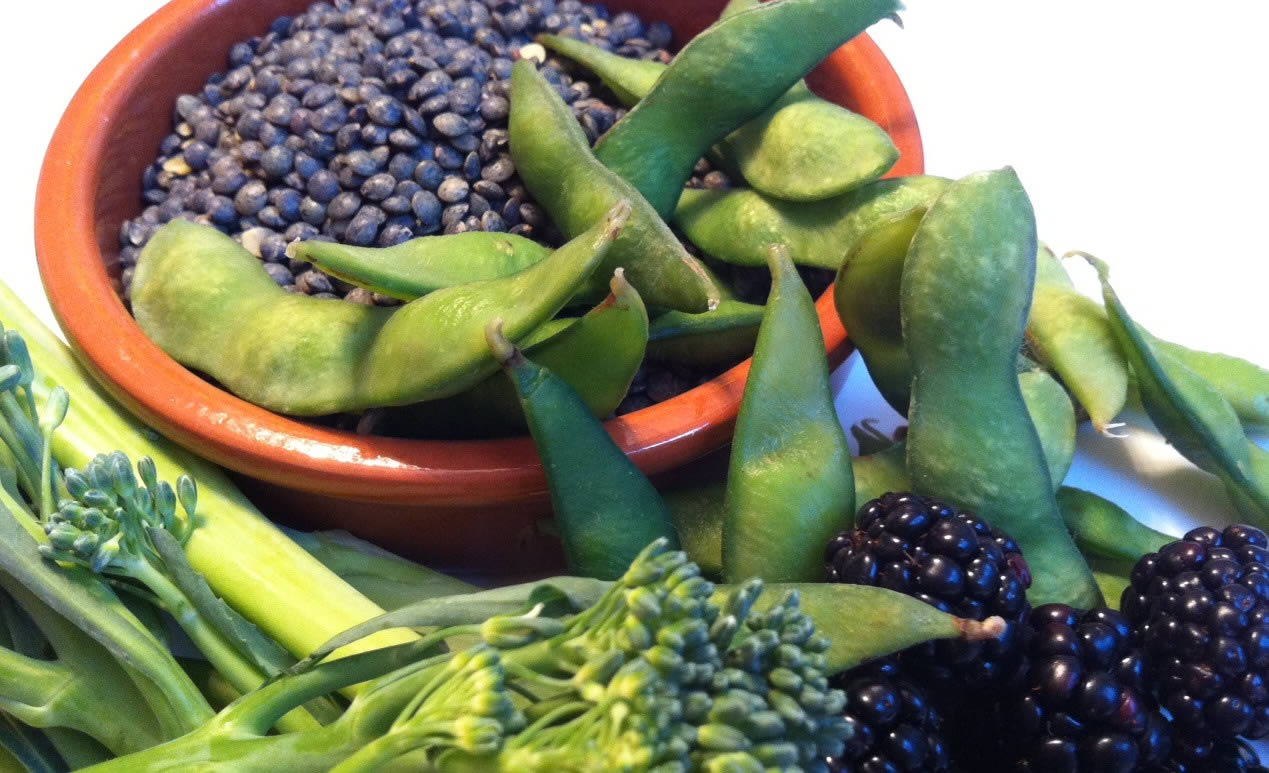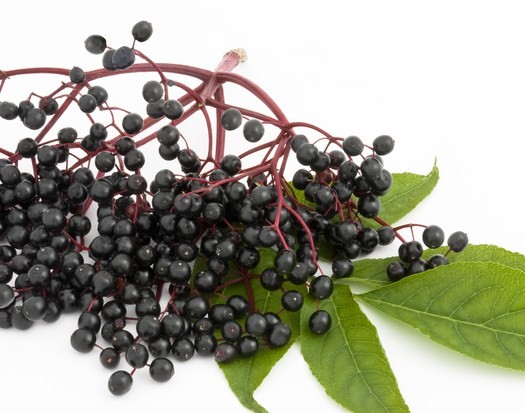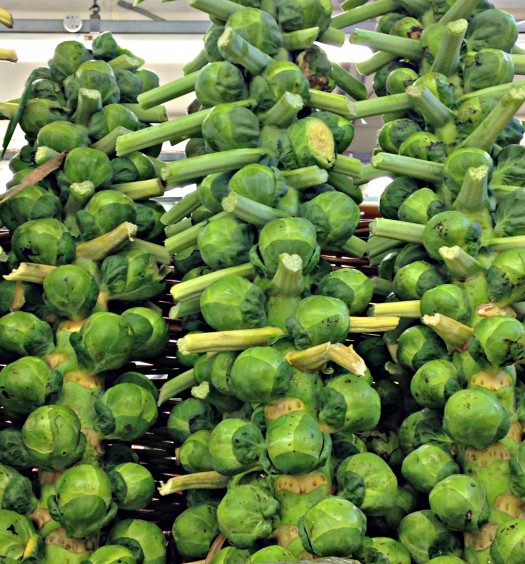PMS affects about seven out of ten women. It’s certainly something I frequently see in my clinic. For some women it can be really distressing and affect many aspects of their life. In my opinion popping painkillers isn’t the answer – it’s better to look for the underlying causes and deal with these rather than simply alleviating the symptoms.
With PMS, and many other conditions which are down to hormonal imbalance, nutritional intervention can be key. Although diet alone can help many of us, I believe that a combination of simple dietary changes and specific supplementation can really make a difference.
How diet can help PMS
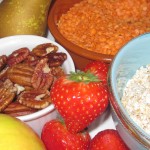 Balancing your blood sugar is possibly the most important dietary factor. The high levels of the hormones needed for sugar metabolism impact all your body’s hormones which can result in excess oestrogen – the cause behind many symptoms of PMS. Essentially, to keep your sugar levels even eat little and often, always combine carbohydrates with protein and make sure the carbohydrates you do eat are slow-releasing. This means avoiding all refined products (sugar, white bread, pasta and rice) and eating wholegrains instead (brown rice and pasta, oats, barley etc). Wholegrains, fruit and veg also provide plenty of soluble fibre, vital for eliminating excess oestrogen.
Balancing your blood sugar is possibly the most important dietary factor. The high levels of the hormones needed for sugar metabolism impact all your body’s hormones which can result in excess oestrogen – the cause behind many symptoms of PMS. Essentially, to keep your sugar levels even eat little and often, always combine carbohydrates with protein and make sure the carbohydrates you do eat are slow-releasing. This means avoiding all refined products (sugar, white bread, pasta and rice) and eating wholegrains instead (brown rice and pasta, oats, barley etc). Wholegrains, fruit and veg also provide plenty of soluble fibre, vital for eliminating excess oestrogen.
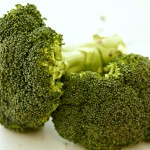 Look after your liver – it’s the main organ for removing excess hormones. Have you ever noticed that at some stage during the month your tolerance to alcohol is significantly lowered? This occurs when your oestrogen levels are peaking during your cycle. Your liver simply cannot cope with the extra burden. To give your liver a boost, limit alcohol, caffeine and sugar and increase antioxidant-rich foods (brightly coloured fruit and veg). Include lots of liver-supportive foods such as onions, garlic, chicory, watercress, rocket, turmeric, artichokes and cherries. Especially important are cruciferous veg (broccoli, cauliflower, cabbage, kale, Brussels sprouts, radishes, mustard, cress) as these contain powerful chemicals vital for eliminating excess oestrogen. If possible eat some of these every day.
Look after your liver – it’s the main organ for removing excess hormones. Have you ever noticed that at some stage during the month your tolerance to alcohol is significantly lowered? This occurs when your oestrogen levels are peaking during your cycle. Your liver simply cannot cope with the extra burden. To give your liver a boost, limit alcohol, caffeine and sugar and increase antioxidant-rich foods (brightly coloured fruit and veg). Include lots of liver-supportive foods such as onions, garlic, chicory, watercress, rocket, turmeric, artichokes and cherries. Especially important are cruciferous veg (broccoli, cauliflower, cabbage, kale, Brussels sprouts, radishes, mustard, cress) as these contain powerful chemicals vital for eliminating excess oestrogen. If possible eat some of these every day.
 Getting your fats right is another important factor. Many of the symptoms of PMS are related to inflammation. Saturated fats from red meat and dairy push the body into an inflammatory state. Not only this, they contain their own hormones – adding to the problem (although organic versions contain fewer hormone residues). Reducing these fats and replacing them with essential fats from fish (salmon, mackerel, herring, sardines, anchovies), nuts (walnuts) and seeds (chia, flax, sunflower, pumpkin) has been shown to significantly reduce PMS. The best results have are seen with the omega 6 oil GLA (from evening primrose or borage oil) so you could consider supplementing up to 150mg GLA a day as well.
Getting your fats right is another important factor. Many of the symptoms of PMS are related to inflammation. Saturated fats from red meat and dairy push the body into an inflammatory state. Not only this, they contain their own hormones – adding to the problem (although organic versions contain fewer hormone residues). Reducing these fats and replacing them with essential fats from fish (salmon, mackerel, herring, sardines, anchovies), nuts (walnuts) and seeds (chia, flax, sunflower, pumpkin) has been shown to significantly reduce PMS. The best results have are seen with the omega 6 oil GLA (from evening primrose or borage oil) so you could consider supplementing up to 150mg GLA a day as well.
 Phytoestrogens are plant-based oestrogens found in soya, pulses and beans. They lock into oestrogen receptors and exert a very weak effect meaning they can block adverse effects of excess oestrogen, such as PMS. Although the best source is soya, chick peas, lentils, rye, oats, seeds, fennel and alfalfa are also good sources. So, regular intake of soybeans or hummus and oatcakes as snacks provides you with a good protective amount.
Phytoestrogens are plant-based oestrogens found in soya, pulses and beans. They lock into oestrogen receptors and exert a very weak effect meaning they can block adverse effects of excess oestrogen, such as PMS. Although the best source is soya, chick peas, lentils, rye, oats, seeds, fennel and alfalfa are also good sources. So, regular intake of soybeans or hummus and oatcakes as snacks provides you with a good protective amount.
As to supplements, as well as a good quality multivitamin (containing zinc) and omega 3 and 6 oil, taking a B-complex that contains high levels of B6 and magnesium is one of the most researched and consistently proven antidotes to PMS. These supplements don’t have to be taken for the long term. Combined with dietary changes, they can help bring the body back into balance and symptom-free.
We hope you enjoyed this article. Let us know how you get on in the comments below or on our facebook page and don’t forget to sign up to our newsletter to receive more recipes, nutrition tips and expert advice.

